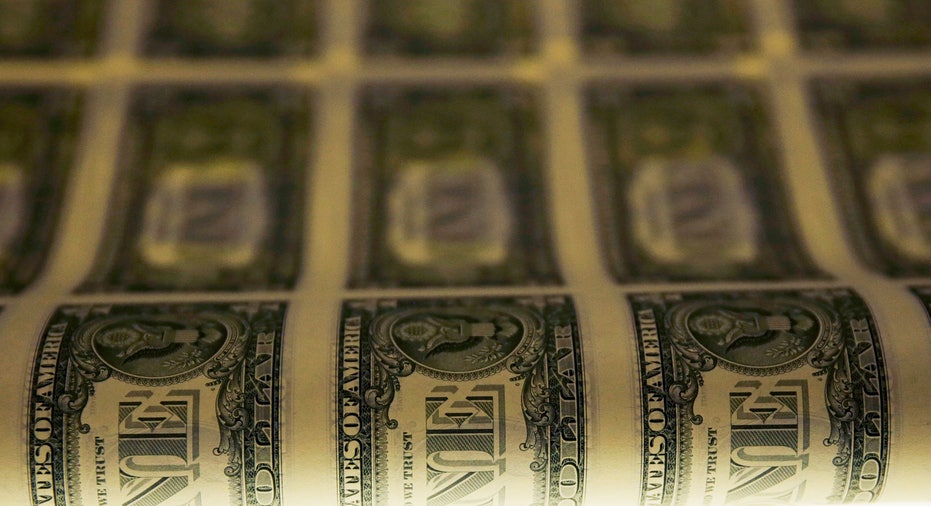A December Rate Hike and Your Money

The Federal Open Market Committee is ready to raise interest rates in December, according to the minutes from the October meeting, released Wednesday. Details revealed that most members seemed ready for a December rate hike. The group will make an official decision on December 16.
Many baby boomers are still uncertain as to what they should be doing to protect their financial investments when interest rates finally rise.
Robert Ashbaugh, Senior Risk Management Consultant in the Client Services Group at Sageworks discussed with me for FOXBusiness.com the following tips on navigating around the effect of rising interest rates for both the consumer and financial institutions.
Boomer: As interest rates rise, should we keep our money in a bank savings account as compared to a 401K money market?
Ashbaugh: Generally savings, if not invested elsewhere, would be better in a money market fund because these funds pay a higher rate and usually have lower fees. A 401K money market may not be as advantageous because the money would be locked down until retirement. Plenty of community banks and investment firms have money market funds for their customers, allowing them to compete with larger banks.
Boomer: What is the advantage to the consumer, if any, to dealing with a large bank rather than a smaller community bank?
Ashbaugh: Larger banks tend to have more product options than smaller banks. Things like insurance, brokerage, trust and broader mortgage products. They are also technology leaders offering their clients access to their accounts in ways that the smaller banks cannot easily afford. Larger banks also have more branches and ATMs. A large ATM network reduces withdrawal fees and offers account access to transfers, payments, etc. Community banks can offer lower rates and prices on their products as their overhead tends to be lower. There may also be some flexibility on rates or terms with a community bank.
Boomer: How would an interest rate hike affect my everyday life when paying credit card bills, car loans and refinancing my mortgage?
Ashbaugh: Rates on revolving credit cards will go up meaning higher payments on balances that are not paid off each month. Most car loans are a fixed rate, but for new or used car purchases buyers may see those once attractive rates go up eventually. Higher rates will result in both higher loan payments and higher lease payments as well. Borrowers that carry car loans in the shorter term will generally see lower rates than longer term loans, resulting in lower monthly payments. Refinancing your mortgage while interpreting rate hikes is a little bit different. Borrowers with a variable rate mortgage will see their rates reset periodically according to the terms of their mortgage. These rates could go up or down over the life of the mortgage but will go up as interest rates, usually tied to an index, go up.
Broke the paragraph.
Borrowers looking for a fixed rate loan should know that current rates are not necessarily tied to current interest rates but generally correlate to things like the yield on the 10-year Treasury Bonds for 30-year loans. The yield, at the time of publication, is around 2.26%.
Boomer: What should baby boomers be doing with their retirement portfolio to reduce the impact of rising rates as well as capture growth potential?
Ashbaugh: Baby boomers are starting to approach retirement now and are focused on the security of their investments: they are getting more conservative and more risk averse. This is why you see portfolios more balanced towards bonds and short to intermediate-term bond funds and less on equities. These investments provide income and will now become cheaper because their prices will fall because interest rates are going up. This will then force yields up as well.
*This conversation was edited for length and clarity.



















